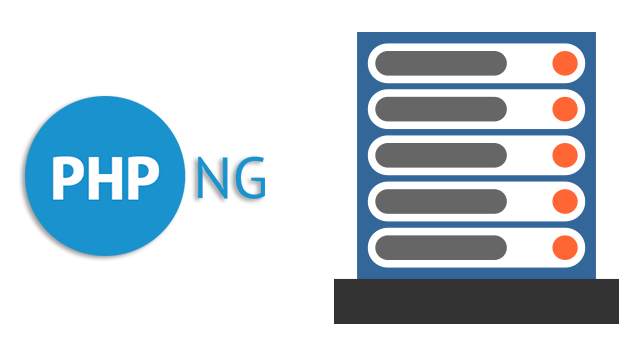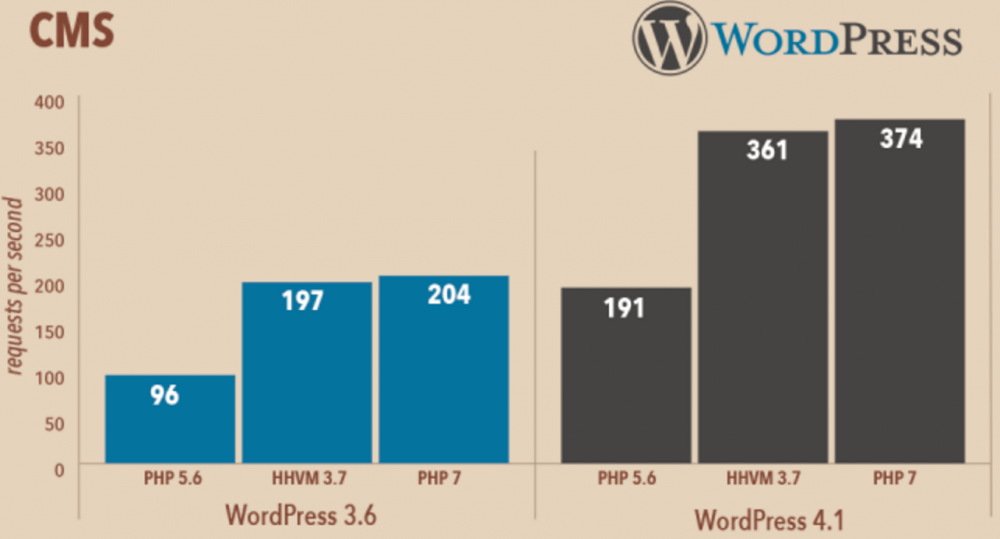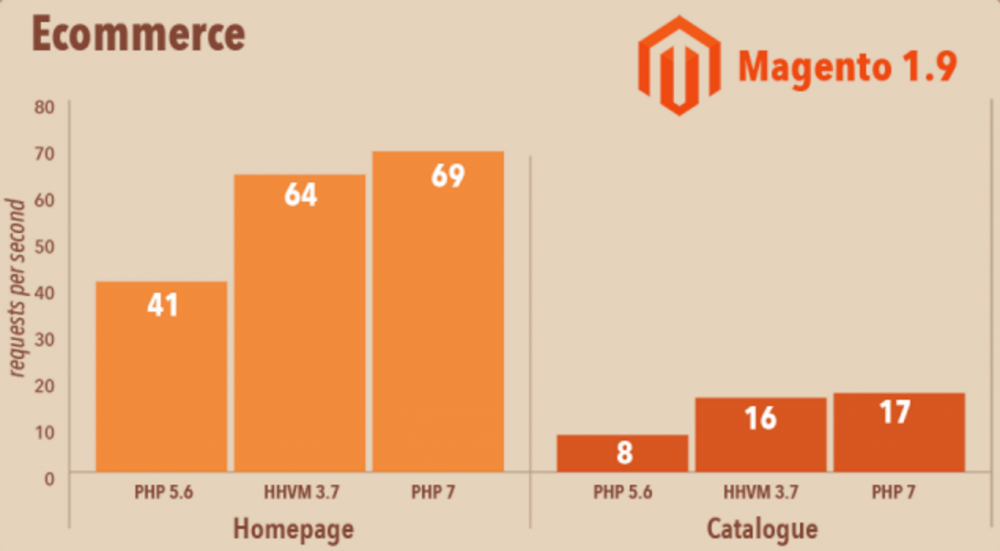PHP 7 officially available in Hepsia Control Panel
 The highly anticipated new stable release of PHP- PHP 7 is now officially on the market and enabled on our advanced web hosting platform.
The highly anticipated new stable release of PHP- PHP 7 is now officially on the market and enabled on our advanced web hosting platform.
This particular release is even more special, as it is also the first PHP version of the new major PHP 7.x series. There were as many as eight different release candidates and several delays, before the official release. So, this is an important event in the programming world!
The story behind PHP 7 in short
PHP 7’s predecessor, PHP 6 was introduced a long time ago (in 2005) and despite the fact that it was a highly anticipated server-side script language release itself, it didn’t quite match the expectations. The Unicode standard was integrated into the PHP core engine and though this was an innovative and promising decision at the time, it lead to multiple failures of all kinds during real-world tests – a direct result of its excessive CPU and RAM usage.
Following this, PHP focused on various internal optimizations and later introduced the experimental PHP next generation (PHPNG) or PHP 5.7 for short, to make sure that there is an acceptable successor to the PHP 5.x branch.
PHP 5.7 combined all the useful characteristics of PHP 6, including the namespaces support. It also featured the flawless performance and memory utilization which the PHP 5.x series offered.
All of this preceded the introduction of PHP 7. That’s why, the new addition to the PHP family is expected to be the actual worthy successor of the PHP 5.x branch.
PHP 7 Performance
PHP 7 is designed to bring developers the utmost performance their hardware is capable of. It doubles the real-world performance speeds of the PHP 5.x branch, because it uses the PHP#NG. This is an entirely new and up-to-date version of the popular Zend engine.


All of the prior-to-execution compilation issues no longer exist. This is thanks to the just-in-time compilation (JIT) program feature which is now integrated into the Zend Engine. What is more, the JIT also contributes to low memory usage.
The Zend Performance Team provides the performance benchmark figures below. As you can see, it is already clear that PHP 7 is the true successor to the well-known PHP 5.x branch:
PHP 7 outperforms PHP 5.6 by at least 25%. In some applications this percentage grows to the remarkable 70%! For more details, check out the full infographic on PHP 7 performance available on the Zend website.
To learn more about PHP 7 – visit the official community website.
How to enable PHP 7 in the Hepsia Control Panel?
It is easy!
In order to upgrade to PHP 7, you and your customers just need to follow several simple steps.
First – go to the Web Hosting Control Panel . Then, select the ‘PHP Settings’ from the ‘Advanced’ menu. After that, a convenient ‘Choose a PHP Version’ option will show up on the top of your page:


Leave a Reply